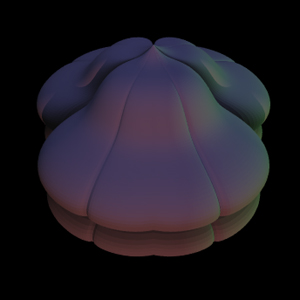TAPO camera's are pretty neat for hasslefree filming of events (splashproof, wide angle, scheduled recording, great auto-exposure-sharpening). However, due to limited memory/cpu you'll end up with segmented mp4 files on your SD-card. The app does not help either (*)
Solution with the shellscript below you can combine all separate TAPO videofiles to one file:
$ cd /run/media/yourTAPOSDcard
$ find $(pwd)/*tp000{41..70}.mp4 | ffmpeg.concat /tmp/merged.mp4